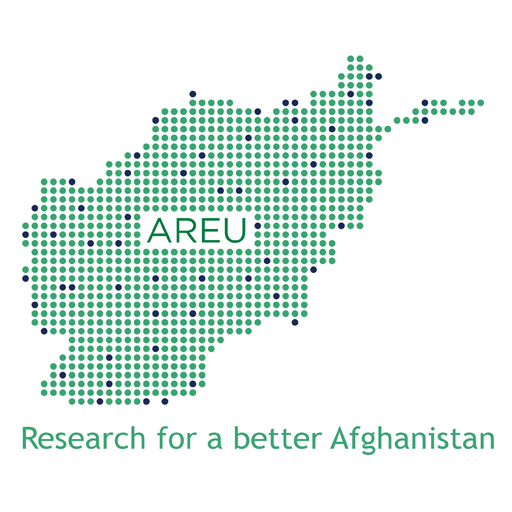
22 Aug `In commemoration of the 100 year anniversary of Afghanistan’s independence
`In commemoration of the 100 year anniversary of Afghanistan’s independence
Blog posts reflect the views of the authors and not those of AREU.
Long ago peace was on the land, everyone had enough to eat, children were dressed in warm winter coats from the used clothing bazaar, the Kabul river flowed and rugs were washed in it and laid to dry on rocks under the brilliant sun. Few from other places cared to visit. That was then.
Four decades later, armies from as many countries have entered and left and come again to the same battlefields and Afghanistan remains still at war. What is the idea of Afghanistan? Whose idea?
The idea of those from other places is that war is indigenous to Afghanistan, the country harbors evil, governance is unattainable, human rights historically violated, and the place unable to escape its medieval culture. This ought not to be and must be changed. The good, representative of a higher civilization, versus the bad.
Wars and fighting in Afghanistan’s history occur mostly because of outside threats from invaders. The fact is, Afghan people protect themselves, particularly women and children, without a centralized force. Local village councils have for centuries conducted democratic governance following the importance of rural customary law. Lesser known throughout its long history are the singular cultural contributions to poetry, art and peaceful existence represented by Rumi, Babur and Buddhism. Afghanistan may appear medieval to outsiders, but the fact is that given the use of sophisticated foreign military weaponry, Afghan militia became instantly skilled at bringing down aircrafts and defeating the Soviet army. Another fact: twenty years ago the country missed landline telecommunication, but immediately embraced cell phone use by over thirty million subscribers at present.
Afghanistan is not the hidden kingdom it once was five decades ago. It is a different world now, increasingly interconnected, and Afghanistan is in it. The human, physical and cultural losses from then to now have devastated the country but what gains have also been experienced? People want peace, security and a better future for their country. They welcome the outside door that opened as a result of forty years of war and are ready to move ahead being as resourceful as they always have been. There is an innocence about the Afghan populace, a consciousness of one’s powers and reliance on one’s circumstances, a certitude of success without embarrassment, a confidence that comes from long experience. Mocked as primitive by outsiders, but underlying this derisive idea is admiration for the fact that Afghanistan endures.
The comity of nations? Another idea. Afghanistan awaits the recognition by other peoples and other nations of its long standing history and ways of being which have paved the way to the country’s present. Conflict does not define Afghanistan but resourcefulness, sustainability and everlasting does.
Miriam Simonds holds years of experience living and working in Afghanistan for the most part in the North and Central Highlands of the country.

